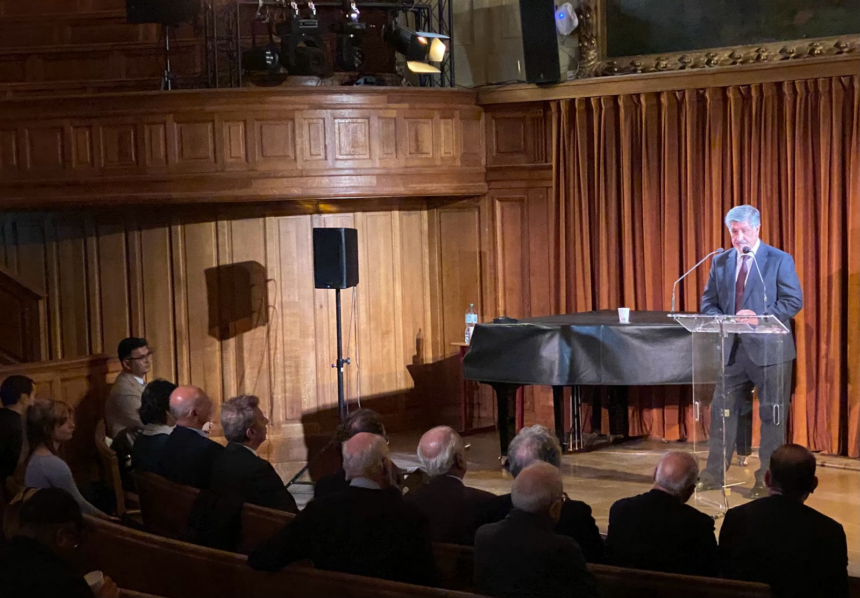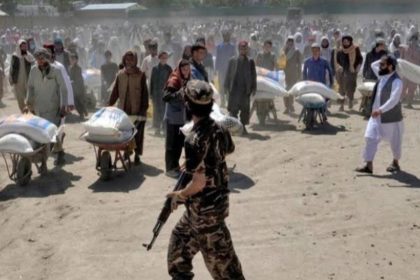RASC News Agency: The Sorbonne University in Paris, in collaboration with the Arman Cultural and Social Association, has hosted an international symposium titled “Philosophy in the Time of War.”
The event brought together scholars, philosophers, sociologists, and researchers from various countries to examine how the resistance of Afghanistani women against Taliban oppression has evolved into a philosophical and ethical movement a living embodiment of humanity’s struggle for dignity amid tyranny.
According to Makarim Dariush, one of the lead organizers and a senior member of the Arman Association, the central aim of the conference was to explore the role of philosophy in understanding and reducing war, structural violence, and human suffering with a particular focus on Afghanistan’s ongoing crisis and the resilience of its women over the past four years.
Speakers at the conference emphasized that the defiance of Afghanistani women against the Taliban’s system of repression is not merely a social or political movement but a philosophical and existential act an assertion of moral autonomy and human dignity in the face of dehumanization.
“Their struggle,” one panelist stated, “embodies the ethics of resistance itself a conscious act of defending the right to exist freely, to think, and to learn. It is philosophy made flesh.”
The conference communiqué declared:
“The systematic erasure of women from Afghanistan’s educational, cultural, and political spheres reveals that their resistance is not a reaction born of despair but an intentional philosophical response to structural violence. It is not merely a protest against oppression it is a redefinition of humanity itself in the face of an ideology built upon denial and exclusion.”
Participants highlighted how Afghanistani women, despite brutal restrictions, continue to assert their intellectual and social presence through creative and clandestine means:
secret schools for girls, anonymous digital activism, underground art collectives, and international collaborations aimed at keeping the voices of Afghanistani women alive on the global stage.
One French philosopher described this phenomenon as the “transformation of suffering into meaning”, noting that:
“When philosophy is born in the midst of war and oppression, it becomes a wisdom of resistance a way of living truth under unfreedom.”
This gathering marks the first major academic conference since the Taliban’s return to power in August 2021 to address Afghanistan’s crisis through a philosophical and ethical lens rather than merely political or humanitarian frameworks.
Organizers expressed hope that the discussions would deepen global understanding of the relationship between philosophy, resistance, and human dignity especially in societies ravaged by war and authoritarianism.
According to the Arman Association, the papers and lectures presented at the symposium will soon be compiled into an academic volume, aiming to expand philosophical discourse on justice, gender, and the ethics of resistance.
The conference concluded with a call to recognize Afghanistani women’s defiance as a universal philosophical gesture a stand not only against the Taliban’s gender apartheid but also against all systems that seek to annihilate thought and agency.
“When a girl in Kabul teaches another girl to read in secret,” said one speaker, “she performs an act more profound than rebellion she performs philosophy itself. Against the darkness of ignorance, she asserts the light of reason.”






